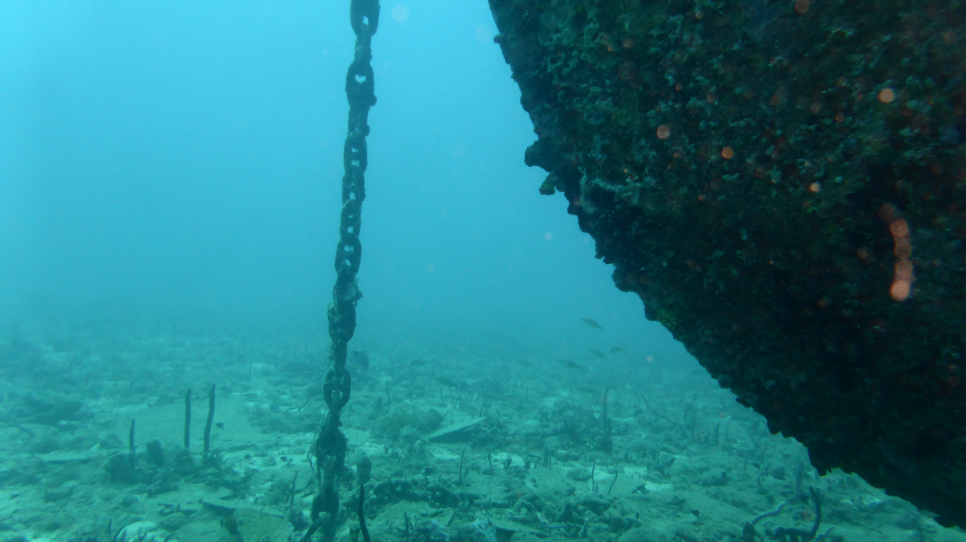Maritime Law as It Applies to Property Damage
Maritime law is a division of law that governs businesses and business activity involved with ships and shipping, as well as any crimes that occur on the open water. This legal division involves separate codes and jurisdictions, aside from national laws. When situations arise that involve insurance claims and property damage of ships and cargo or civil cases arising between businesses or companies and individuals, parties involved must understand how this division of law applies to and governs the resolution of the issues.

RECENT RULINGS
A recent case, Petrobras America, Inc. vs. Vicinay Cadenas, S.A., resulted in the Fifth Circuit’s consideration of the application of maritime law. The court needed to decide which laws would apply to claims arising from oil and gas exploration and production occurring on the Outer Continental Shelf. This dispute involved an incident with an underwater tether chain that allegedly failed. When the chain ruptured, a riser fell to the bottom of the Gulf of Mexico, which caused a break in a connection between the wellhead and the surface. Consequently, the riser system was lost, and the company experienced lost production due to inability to use its FPSO facility.
The final decision of the district court stated that maritime law did not apply to claims for economic loss when the damage occurred due to an incident and not a specific product. The Fifth Circuit became involved with an appeal and reversed the earlier decision. The final ruling stated that the adjacent state law applied to the case under the Outer Continental Shelf Lands Act and not general maritime rules.
This ruling creates some uncertainty on the application of these laws with regards to gas and oil activities with ships on the sea. Future liability claims and the application of maritime law may be limited, especially with regards to economic and physical damages. However, the facts involved with every case will guide outcomes.
